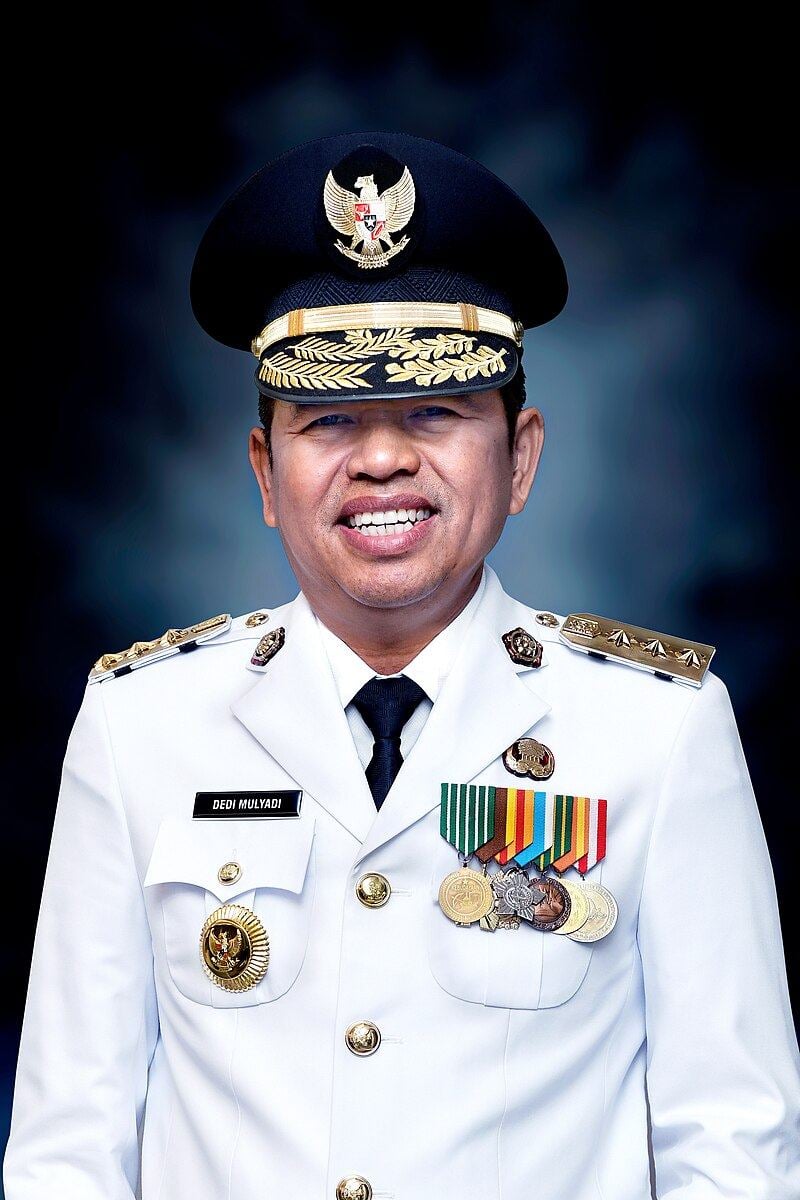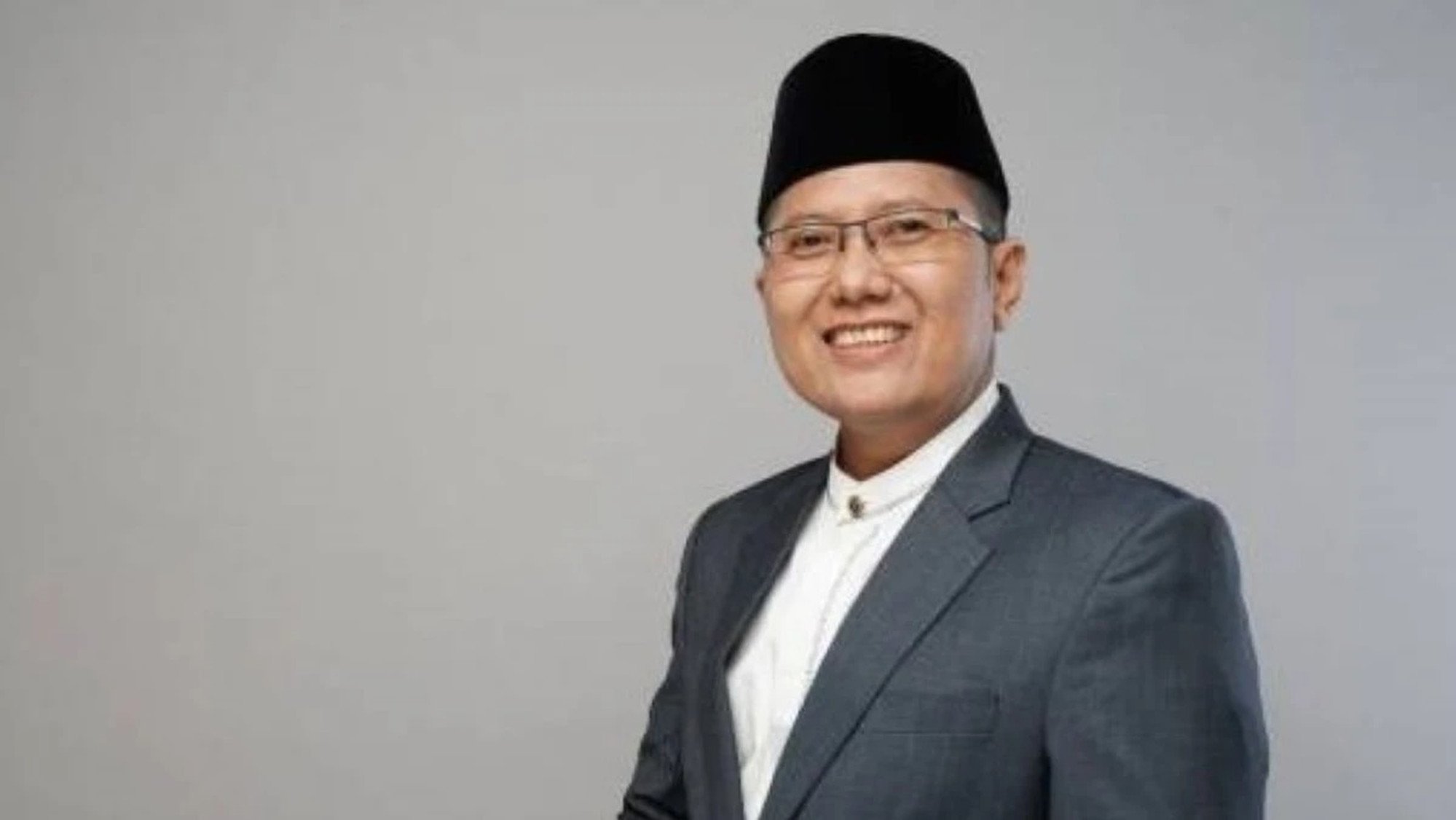Indonesian governor’s ‘ridiculous’ vasectomy plan sparks debate on poverty, ‘body politics’
West Java Governor’s suggested sterilisation for poor men to access social welfare criticised as coercive and discriminatory

A proposal by a regional governor in Indonesia to make vasectomy a prerequisite for men to receive state welfare has ignited a firestorm of criticism, with religious leaders, rights advocates and academics denouncing it as a coercive policy that targets the poor, violates Islamic teachings and reflects a troubling view of poverty as a personal failing.
West Java Governor Dedi Mulyadi, known for his provocative policy suggestions, such as sending unruly children to military schools modelled after the Chinese system, recently floated the idea of requiring poor men to undergo sterilisation in exchange for access to the government’s social welfare programme, known locally as bansos.
“I don’t know why poor families generally have many children, while rich people have difficulty having children, even after paying two billion rupiah (US$121,000) for IVF,” Dedi said in a speech on April 28.
He mentioned a couple he encountered with 11 children, some of whom were sent onto the streets to sell cakes.
“Stop having children if you can’t provide for them well,” he added, suggesting funds used to subsidise hospital births for underprivileged women be redirected towards building “simple houses”.
Dedi’s proposal went further, outlining that vasectomy would also be a requirement for poor families seeking new electricity connections, food aid, scholarships or public housing. Men who agreed to the procedure would receive 500,000 rupiah (US$30) each.
The idea was quickly met with backlash by Islamic figures, including Cholil Nafis, head of the Indonesian Ulema Council, the country’s top Islamic scholars’ body.
“Islam forbids permanent sterilisation. What is permitted is regulating birth spacing. Our population growth is stable and even tends to be negative. Poverty can be stopped by increasing employment opportunities, not stopping poor people from being born,” Cholil wrote on social media.

Social Minister Saifullah Yusuf told reporters on Monday that Dedi’s idea was “not relevant” to solving the poverty issue and would “be difficult [to implement].”
Online, public reaction was divided. Some backed the proposal, with one user remarking “hopefully, under the policy, lazy people, especially men, will make more effort to improve their standard of living, and that the family planning programme doesn’t only burden women”.
Another user rejected the idea, saying “birth control as a population control tool, specifically for the poor, is eugenics and fascist to the extreme”.
‘Ridiculous idea’
Sulfikar Amir, associate professor at School of Social Sciences at Singapore’s Nanyang Technological University, denounced Dedi’s proposal, arguing poverty cannot be solved by controlling the reproduction rights of poor families.
“This idea is really ridiculous. This is a very blatant form of ‘body politics’,” Sulfikar told This Week in Asia.
In social sciences, body politics refers to the practices and policies through which the human body is regulated and the struggle over individual and social control of the body.
“It seems to be based on the assumption that there is a correlation between poverty and population size,” he said. “He incorrectly [thinks] that the number of children underlines poor families’ lack of understanding of economic consequences, whereas the reality faced by poor families is much more complex.”
According to Sulfikar, in the past 10–15 years, Indonesia’s economic development had focused on industries “that do not produce a trickle-down effect on society” instead of the labour-intensive industries.
“The economy has grown, but only within the upper class. It has no effect on the lower classes, so the poor remain poor, and the middle class becomes poor,” he said.
This isn’t the first time that Indonesian politicians received backlash over their remarks on poverty. In 2020, then-Coordinating Minister for Human Development and Culture, Muhadjir Effendy, said that marriages between poor families increased the poverty rate in Indonesia.

In November, Ridwan Kamil, one of the losers in last year’s Jakarta gubernatorial election, was forced to apologise after he suggested on the campaign trail that his political backers would “take care of poor widows, physically and mentally” to free them from financial hardship.
According to Sulfikar, these “discriminatory” comments underscored how some politicians still view poverty as “own, individual mistakes”.
“They think people are poor because they are lazy, they have many children so they cannot save money, and they do not want to work harder,” Sulfikar said. “Poverty is the result of a system that is unfair, unequal, and marginalises a group of people.”
New poverty threshold?
Dedi’s vasectomy proposal came after the World Bank last month revealed that 60.3 per cent of Indonesians, or roughly 171 million people, were categorised as “poor”, higher than the official 8.57 per cent poverty rate issued by BPS, the country’s statistics agency, in September.
The World Bank estimated the poverty line for upper middle-income countries at US$6.85, while BPS calculated Indonesia’s line based on local expenditure patterns, which is around 2.8 million rupiah (US$170) per household per month. Since 2023, the World Bank has classified Indonesia, Southeast Asia’s largest economy, as upper middle-income, with a GDP per capita of US$4,580.
Luhur Bima, a senior researcher at Jakarta-based socioeconomic think tank Smeru, said that the World Bank’s poverty rate “is more real” and updated compared to BPS, whose cost of basic needs calculation has not been updated since 1998.
“If the poverty line is not upgraded, the poverty measurement is not [relevant] to capture the current welfare conditions of society,” Luhur said.
“Indonesia’s target is to move up a class, from a low-middle income country to an upper middle income one, so Indonesia’s poverty line must also change to match Indonesia’s [goal] and to support the government’s strategy in addressing poverty issues.”